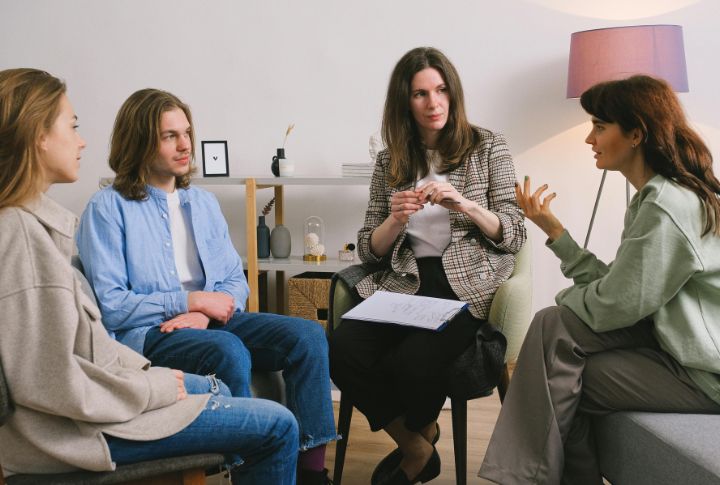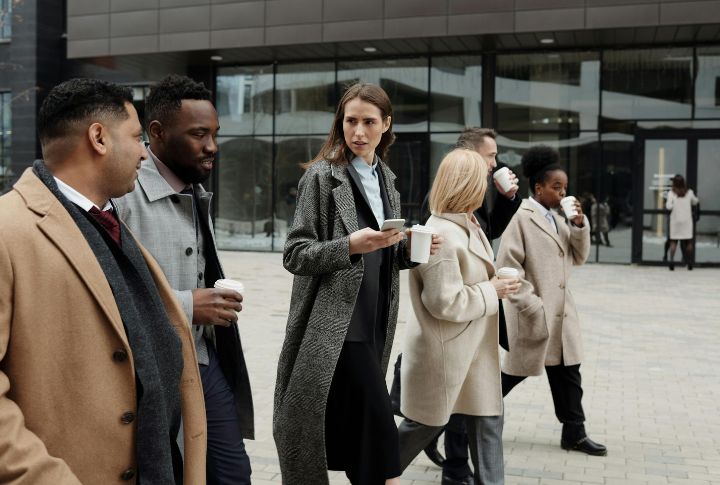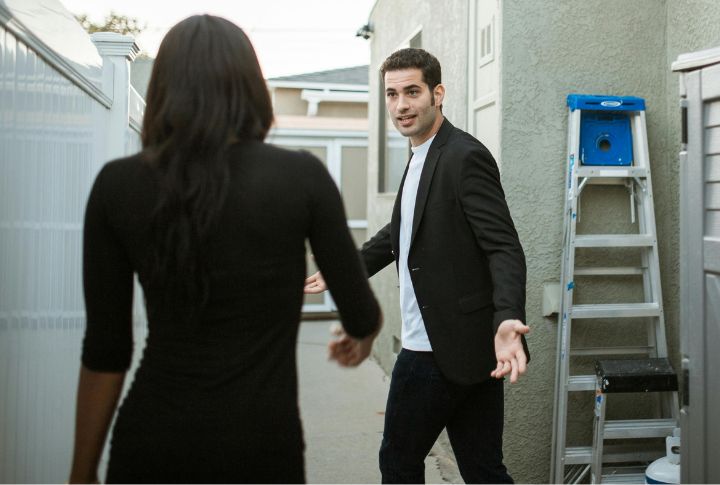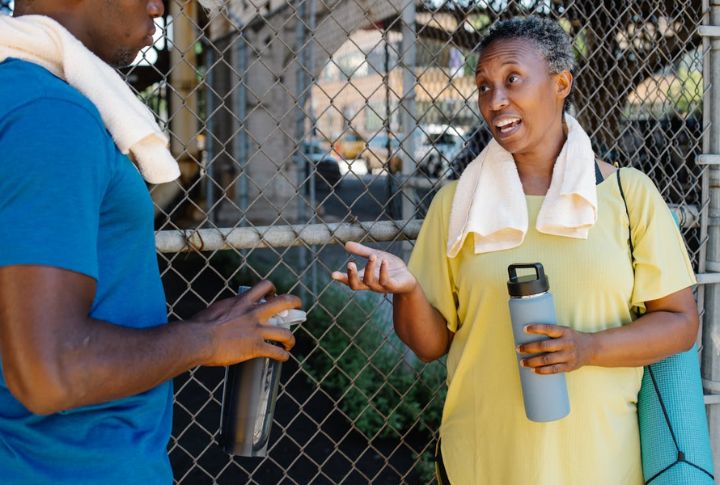
It’s easy to assume poor social skills come from arrogance or indifference, but that’s rarely true. Most of the time, it’s about saying the right thing the wrong way. A phrase meant to sound honest might come off as blunt, or a joke might feel dismissive. Once you notice these patterns, conversations start to make more sense. Let’s break down the phrases that tend to cause those quiet misunderstandings.
“I’m Just Being Honest.”

When you hear this, grab your emotional helmet because something brutal is coming, likely excused by a claim of “authenticity.” This phrase is usually the person’s license to use a verbal battering ram and avoid responsibility for the damage. While they feel virtuous, they’re actually prioritizing blunt self-expression over empathy.
“You Look Tired.”

You genuinely think you’re expressing care, but let’s be real: this phrase consistently backfires. What the person actually hears is, “Wow, you look rough.” That well-intentioned phrase immediately makes people self-conscious about their appearance and about how others perceive them.
“You Wouldn’t Understand.”

This reflexive shield dismisses someone’s capacity for empathy and turns a passing moment of frustration into real relationship damage. It quietly chips away at trust and deepens the very disconnection you’re trying to avoid. In the end, you don’t protect yourself—you just isolate yourself.
“That’s Stupid.”

Call someone’s idea “stupid,” and the whole room feels it. The word lands heavier than you think, rippling through the conversation with judgment and embarrassment. You may feel momentarily superior, but you’ve traded understanding for silence. What could’ve been dialogue turns defensive in seconds.
“Calm Down.”

Next time you’re tempted to use those supposedly soothing words, “calm down,” remember this: they’re about as helpful as bringing a flamethrower to a fire. When someone is genuinely upset, that phrase just tells them their emotions are an inconvenience. Skip the counterproductive command and try acknowledging their emotions directly.
“I Don’t Care.”

Here’s the curious social paradox: people toss out “I don’t care” hoping to sidestep tension. What’s meant as a simple conversation-ender becomes a relationship-strainer, effectively telling others that their topic or very presence is unimportant. If you want to discourage any future meaningful sharing, this is a masterstroke.
“Why Are You So Sensitive?”

Hurt someone, then accuse them of feeling too much about it—a classic gaslighting move. “Why are you so sensitive?” is self-defense disguised as insight. You dodge guilt, invalidate feelings, and stop communication cold—all in five tidy words. Impressive efficiency, terrible outcome.
“You Should Smile More.”

You’ve probably heard it said with a grin, but “you should smile more” isn’t encouragement. It asks you to trade authenticity for appearance, joy for approval. Smiles lose meaning when they’re demanded. The best ones happen when you actually feel seen, not managed.
“No Offense, But…”

Despite its supposed role as a buffer, “no offense, but” accomplishes precisely the opposite. It reveals two things: the speaker knows they’re about to cause harm, and they fundamentally dismiss the listener’s emotional response. That must be the least sincere apology you’ll ever hear.
“That’s Not A Big Deal.”

Many of us instinctively toss out “That’s not a big deal” like a quick bandage for others’ wounds, hoping to patch up their distress. However, this well-intentioned phrase actually makes people feel dismissed and unsupported. The path to genuine connection leads through validation—acknowledging feelings rather than minimizing experiences.

